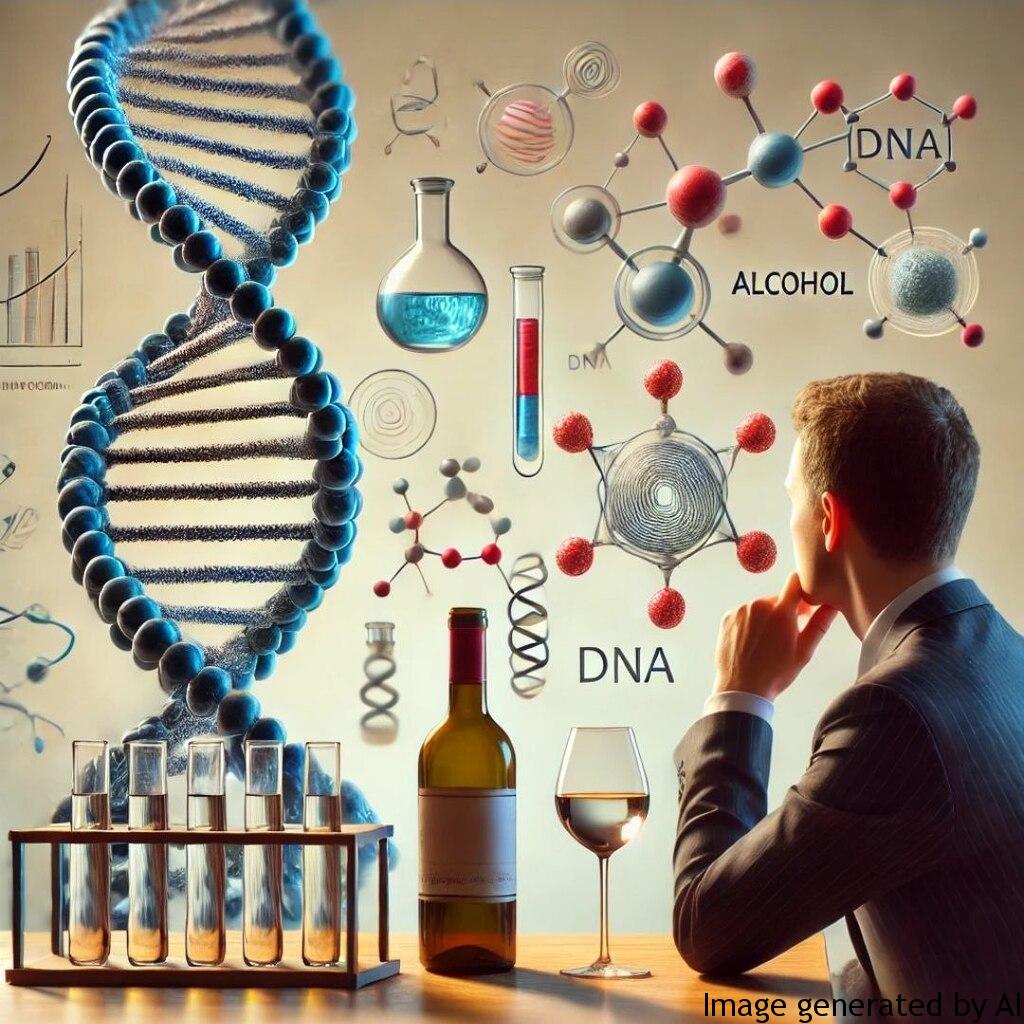Introduction
Alcohol addiction, also known as alcoholism, is a chronic disease characterized by an inability to stop or control alcohol use despite adverse social, occupational, or health consequences. It’s a widespread issue affecting millions globally and its development involves a complex interplay of social, environmental, psychological, and genetic factors. Interestingly, it’s been estimated that genetics account for about 50-60% of the variance in the risk for developing alcohol addiction, making it worth to explore the role of genetics in the development of this condition.
The Influence of Gender Expectations on Male’s Mental Health
Though it’s beyond doubt that genetics play a key role in influencing drinking patterns and development of alcohol use disorder, it’s critical to mention how societal factors, such as gender expectations, can intersect with these genetic vulnerabilities.
Gender Expectations and Pressure
Pressures to adhere to traditional gender roles can have negative impacts on mental health. For men, societal expectations often involve exhibiting strength, suppressing emotions, and adopting high-risk behaviors, including excessive drinking.
Increased Vulnerability to Addiction
Masculine norms and pressures can increase vulnerability to addiction. The societal belief associating alcohol consumption with masculinity can influence drinking behavior and potentially intensify genetic predispositions to alcohol addiction.
Examples of How Gender Roles Can Influence Men’s Lives
Constant pressure to conform to masculine norms can lead to stress, alienation, and feelings of inadequacy. For example, men who feel obligated to maintain an image of toughness or stoicism might suppress their emotions, which can lead to mental health problems and may contribute to an increased need for self-medication, often through substances like alcohol. Similarly, societal beliefs viewing alcohol consumption as a coping mechanism can increase the likelihood of developing an alcohol addiction in men with genetic predispositions.
Tips to Improve Mental Health Considering Gender Roles
The intersectionality of genetic predisposition and societal pressure underscores the need for tailored strategies to combat alcohol addiction. Improving mental health and coping mechanisms can provide resilience against alcohol addiction. Here are some tips:
- Promote open discussions about mental health: Encouraging open and honest conversations about mental health can create a supportive environment that challenges the harmful stigmas associated with mental health issues in men.
- Individual or group therapy: Therapies can offer strategies to cope with stress and discuss feelings, which can reduce reliance on substances like alcohol.
- Promote a healthy lifestyle: Physical activity, good nutrition, and adequate sleep can regulate stress and promote overall well-being.
Conclusion
The development of alcohol addiction is multifactorial, with genetics playing a significant role. However, societal influences, particularly gender expectations, do intersect with these vulnerabilities. It’s crucial to recognize this interaction to establish supportive environments, promote healthier coping strategies, and address potential genetic risks to effectively tackle alcohol addiction.

